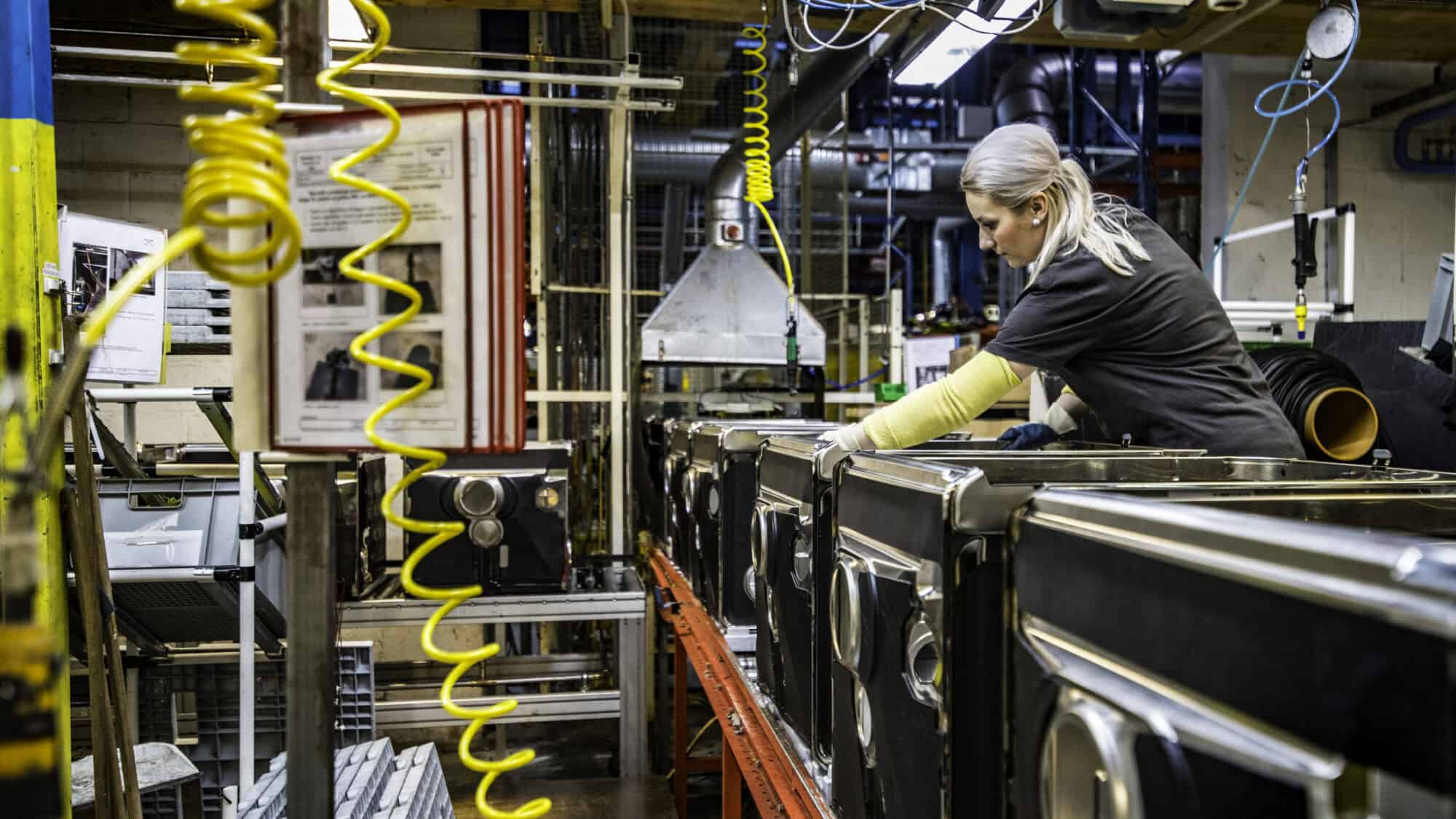Manufacturers Speak About Impact of Tariffs

Across the country, manufacturers are telling their stories of shop floor operations under U.S. tariffs, the first of which went into effect March 13. The consensus: tariffs have made things harder all around
- Jeremy Rosenbeck is president of Cincinnati, Ohio–area manufacturer Republic Wire, Inc., which makes copper wire products for the construction industry. In anticipation of tariffs, Rosenbeck “over the winter [ordered] an extra two months’ worth of copper rod (worth tens of millions) to give him enough tariff-free raw material for his business if a new trade agreement isn’t quickly worked out” (Cincinnati Enquirer).
- Republic Wire has nearly 200 employees and each year does approximately $500 million in sales. About 10% of that is outside the U.S.
- Rosenbeck, who says he “understand[s] what they’re trying to do with the tariffs,” nonetheless told the Enquirer that spring is a bad time for uncertainty in the construction sector, as it’s when builders make their plans for the rest of the year. “Higher prices on materials could mean fewer construction projects, which could mean a slowdown for the industry, fewer jobs and a drag on the economy as a whole,” the outlet notes.
Where the burden falls: Chuck Dardas, president and chief operating officer of 67-year-old Michigan automotive manufacturing firm AlphaUSA, wrote in a recent op-ed for The Detroit News that while the Trump administration says tariffs will rebalance the scales, “the truth is that the burden falls squarely on American manufacturers and, ultimately, the American consumer.”
- For AlphaUSA, that’s because “as an S Corporation, our net income flows directly to our tax returns,” Dardas wrote. “If tariffs wipe out our income, it’s akin to a 100% income tax. There’s no profit, no reinvestment and no sustainability. This isn’t just a theoretical concern—it’s a very real possibility. If our paycheck goes to zero, how do we pay our bills? How do we reinvest in our business? How do we survive?”
- The sticker prices of vehicles are too high already, “and these tariffs will only push them higher. Inflationary pressures are mounting, and the Federal Reserve’s decision to hold off on rate changes underscores the precariousness of the situation.”
- Opposition to the tariffs, Dardas continued, “is not about politics. It’s about facts.” Manufacturers that rely on foreign imports cannot simply make the change to domestic sourcing with the flip of a switch. “[E]ven if we could pivot back to American manufacturers for … particular components, that’s not saying that they’re going to be less expensive” domestically, he said this week on radio show “All Talk with Kevin Dietz .” “They could be even more than the tariffs we could very well be faced with still buying the parts from Canada.”
“An existential threat”: If the tariffs remain in place long term, small manufacturers might not be able to hold out long enough to see their promised benefit, either, Dardas told the BBC’s “World Business Report” late last month.
- “If these go on for a long period of time, it’s an existential threat to companies our size,” he said. “We’re not that big, and there [are] a lot of us [smaller manufacturers] out here as well.”
